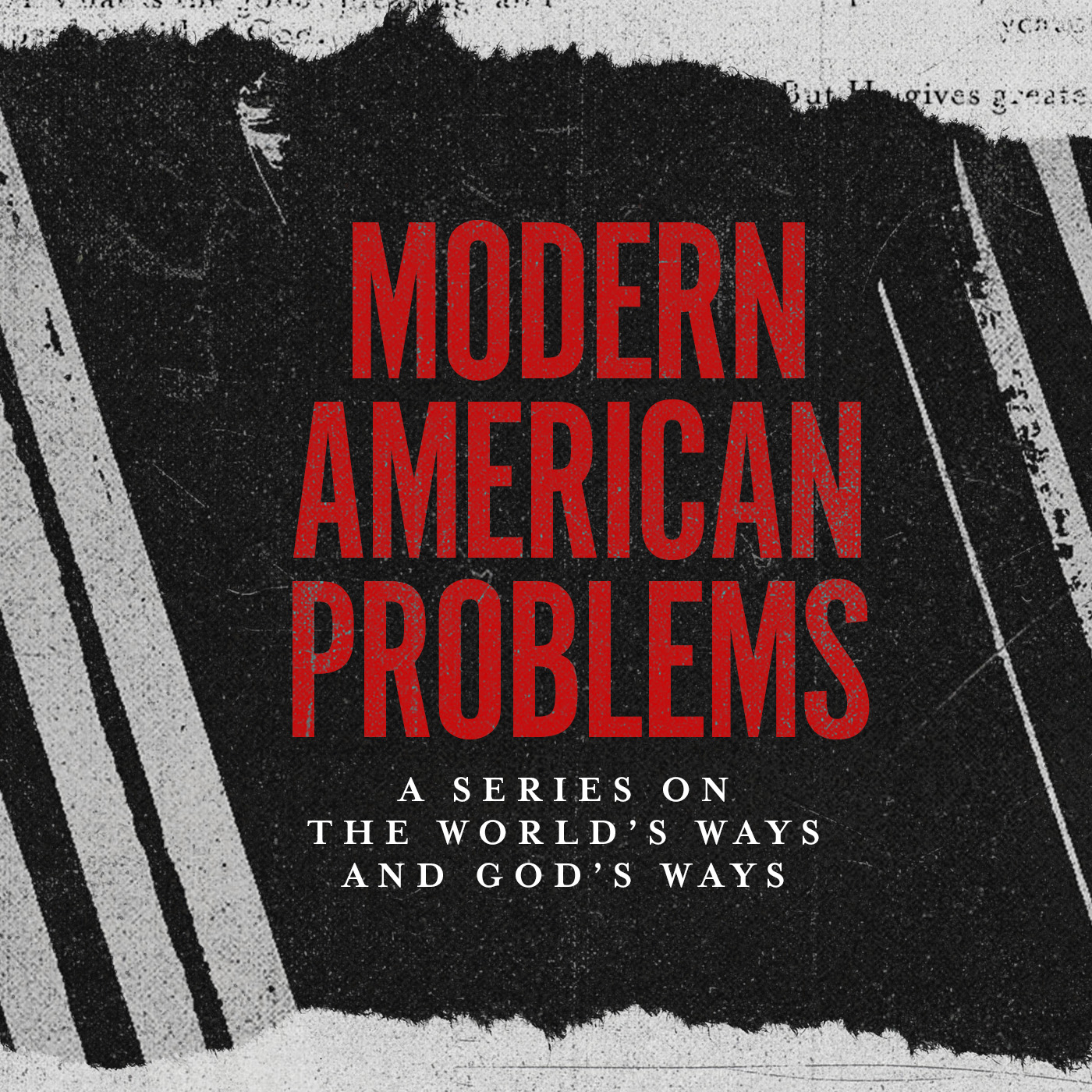I remember back in 2016, just before and after Trump became president, people suddenly had all kinds of strong feelings and opinions about things that had previously not been of much interest to most people that I knew. I can also remember what my planned response was going to be if anyone asked me what I thought about one of those issues. I intended to answer the question, “What do you think about this?” with the words, “I don’t think about it.” While not absolutely literally true, I thought it would be mildly amusing, and it would also reveal that that particular issue wasn’t what was important to me at that time.
Obviously different Christians have different levels of passion and concern regarding political issues. Some of us have activist personalities, and others of us don’t. Some of us have a lot of faith in government (that it can be shaped into something wonderful and life-transforming) and others of us are more cynical and believe the best government is the one that governs least. Some of us have an eschatology that says the world is a sinking ship until Christ returns, while others of us think that there are certain ways we can make the world more heaven-like while awaiting the return of Christ.
All of these things will contribute to how much time, effort, and energy each individual Christian expends toward political advocacy. And, of course, many of us think that our fellow Christians ought to be handling it roughly the same way that we do.
The reason I bring this up is because there is often a desire among some people in a congregation for the pastor to handle politics more like the way they do. People who do not spend a lot of time on political advocacy sometimes resent that their pastor talks about political topics from the pulpit so much. While, across the street, you may have some vocal activists who are disappointed that their pastor hasn’t commented on the latest political threat.
As you may have guessed, I’m one who is not inclined to talk about specific political events on Sunday mornings. I don’t watch Fox News or CNN and then make comments on Sunday morning about what they are reporting.
And you may think that’s because I’m just not a political person. But that’s not really true. I actually have plenty of political opinions. For instance, I have held back from giving out my opinions about Covid-19 during our church services. Personally, I believe that governments overstepped their authority these past three years. And it’s made me angry. But I’ve not taken that anger or that message with me into the pulpit. After all, it’s not my pulpit. It’s a place we’ve set apart for the teaching of God’s word - not a place for me to vent.
Now I do not have a problem with churches addressing topics like gay marriage, caring for the poor, abortion, or racism. In fact, I have preached about every one of those topics at Good News Church. But preaching on those topics (because the Bible informs us about them) is very different than preaching about specific legislation, court cases, and elections. That is something I almost never do.
To the best of my memory, I’ve never talked about U.S. elections at Good News, except one time when I briefly acknowledged that one was coming up. And I can’t remember a time when I’ve mentioned a particular piece of legislation, except generally referencing laws like how murder is illegal. And I don’t think I’ve ever referred to a Supreme Court case, except for one reference to Obergefell vs. Hodges, when listing it as a reason that I thought I needed to explain what the Bible says about sexuality and gender.
I guess what I’m saying is that, for me, the “line” for how to talk about politics has mostly been to stick to what the Bible has said for over 2,000 years, without getting into much commentary about particular government actions happening right now.
And if I were to start commenting on particular current events, the questions that would arise would be: Where is the line about what to cover in the Sunday services? Do you just cover the big stuff? Or do you comment on the smaller events, too? Who decides what is the “big stuff” and what are the “smaller events”? What do you do when people disagree? What if they think something is big and I don’t? What if they think an issue is small and I think it’s huge? How often is the right amount of advocacy? Once a year? Once a month? Once a week? How much of each service should be devoted to this? And do you give voice to the other side? Or am I just supposed to assume that my views are the only ones that should get stage time?
As you can see, it could get pretty dicey. Personally, it’s always been obvious to me that I am to simply use the pulpit for the teaching of God’s word and the exhorting of God’s people (which will, at times, of course, touch on political issues generally, but usually without directly addressing current legislation.)
I realize some people don’t prefer this. But I don’t know of a better way to handle it. I believe God has called me to be a preacher of His Word – something I hope to continue to do until I die.

